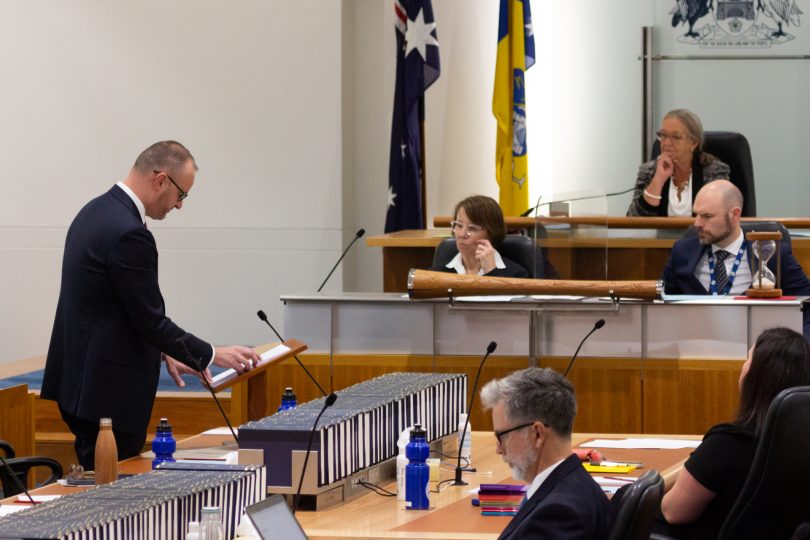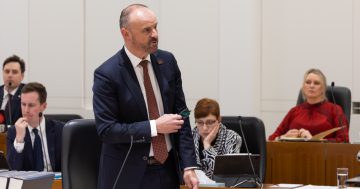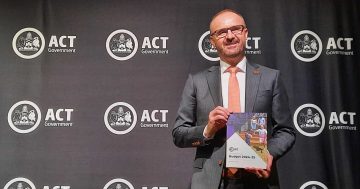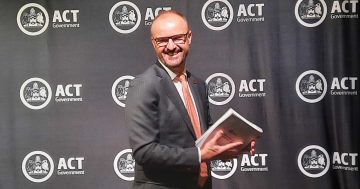
Rates will increase for some households across Canberra in 2021-22 after being frozen this financial year. Photo: File.
The ACT Budget revealed today (9 February) that the ACT is in a much better position than expected due to the Territory’s handling of the pandemic.
But what does this mean for the average Canberran? Specifically, for rates.
Average general rates for residential and commercial properties will increase by 3.75 per cent each year from next financial year until 2025-26.
The last rates increase was alleviated for all of Canberra’s 170,000 households thanks to a $150 rates rebate from the ACT Government as part of its COVID-19 recovery package. Commercial properties under $2 million received a $2,622 rebate.
The rebate meant that there was a 0 per cent increase in the average rates across the ACT. Around 110,000 households experienced a decrease in their rates while 60,000 households experienced an increase despite the rebate.
The increase in rates is part of the ACT’s tax reform to phase out stamp duty and other taxes, Chief Minister and Treasurer Andrew Barr said.
“We have abolished insurance duty, cut stamp duty to zero for around 80 per cent of commercial transactions, and raised the payroll tax threshold so that about 90 per cent of Canberra’s businesses do not have to pay it,” Mr Barr said during his budget speech.

Chief Minister Andrew Barr MLA delivering the ACT Budget today (9 February). Photo: Dominic Giannini.
More than half the revenue collected from insurance and stamp duty was replaced with revenue from general rates by 2019-20. The phase-out of these duties began in 2012 under a 20-year tax reform plan.
First-home buyers who earn under $160,000 and some pensioners do not pay any stamp duty.
However, there has been an extension to some exemptions, including payroll tax exemptions for wages paid to new apprentices or trainees and the interest-free deferral of payroll tax will be pushed back to 30 June.
According to the budget papers, the government granted 790 deferrals for either general rates or payroll tax at a cost of $25.3 million.
Businesses that still cannot trade or can only operate on a minimal basis will also have their help extended by continuing payroll tax waivers and exemptions. The assistance will be on a month-to-month basis for payroll tax due in January to June this year.
However, the Canberra Liberals leader Elizabeth Lee criticised the rate rise, saying Canberrans pay some of the highest rates and taxes in the country.
“While Canberra has performed well during the COVID-19 pandemic compared to other states and territories, many families and small businesses are still struggling. Slugging them with tax increases in four months’ time will make matters worse,” she said.
“Despite promising a rates reprieve, 60,000 Canberrans were hit with rates rises last year, and now they want to increase rates again. Commercial rates will likely continue growing with double-digit increases in 2021-22.”
When asked whether a better-than-expected bottom line could be put towards further tax and rate relief, such as a rates freeze, Mr Barr said that “it is not the government’s intent” to freeze rates, but flagged that further relief may be on the horizon.
Mr Barr’s next budget, for 2021-22, will be delivered in August.



















